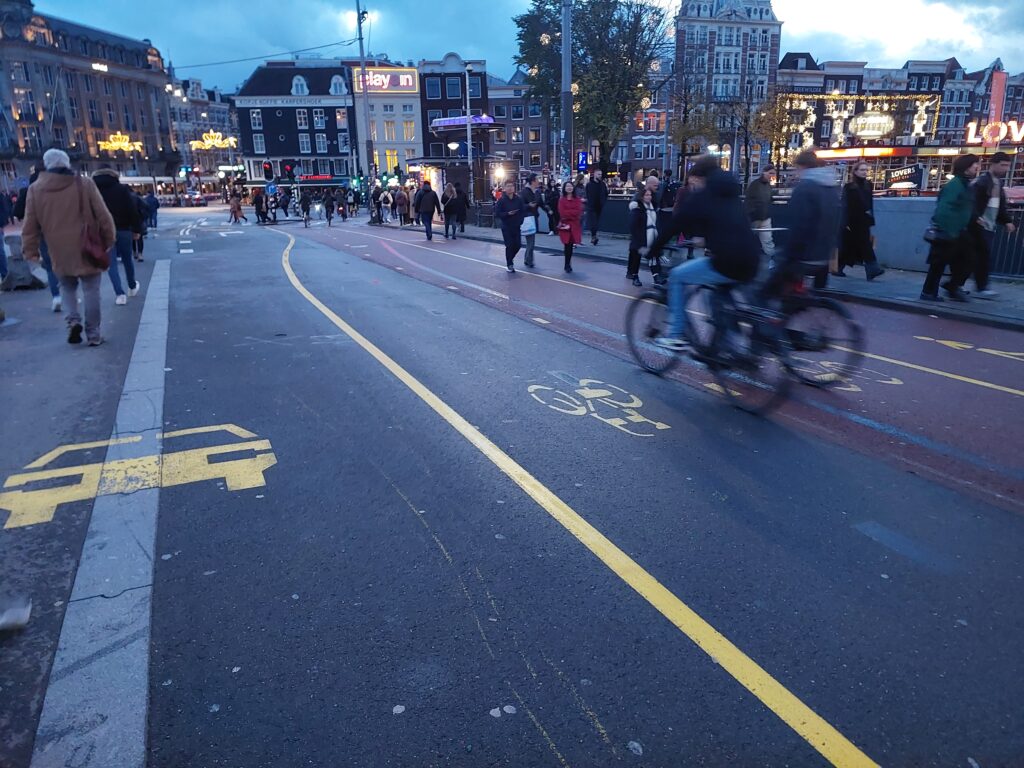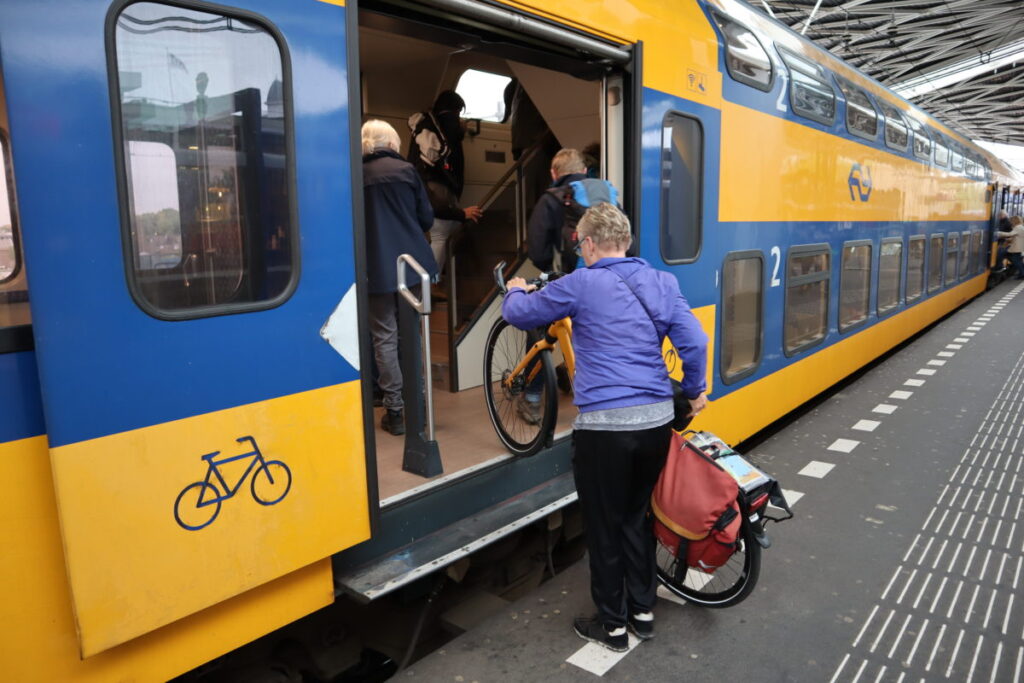Written by Jeremy Tang | LinkedIn
Over a decade has passed since Frank Geels (2012) introduced the Multi-Level Perspective (MLP) framework to assess drivers, barriers, and possible pathways to effect mobility transitions. The MLP model considers three levels at which transitions take place: niche innovations, socio-technical regimes, and broader socioeconomic context.
Mobility transitions require a comprehensive approach that considers multiple factors at different levels of analysis. This includes changes in mobility routines and a reconfiguration of urban physical structures, not just technological innovations. For example, policies that promote active travel modes such as walking and cycling can help reduce car dependency, while also improving equity.
Today, much of the discourse around sustainable mobility transitions is trapped in the realm of technological utopianism. Peddlers of self-driving, electric vehicles promise to solve our transportation problems, yet they often end up creating more. Applying the MLP model allows us to see the limitations of such an approach. Greener, flashier cars are certainly innovative, but they enforce rather than challenge the socio-technical regime of car dependency and the socioeconomic burden of car ownership.
Going forward, Geels argues that policymakers should be wary of approaches relying on technology to solve social issues and should instead create favourable conditions for niche innovations to emerge, develop, and scale up while challenging existing regimes’ dominance.
One such niche is tactical urbanism, or street experiments, that are intended to help residents and governments see the benefits of designing streets around people instead of cars. Such experiments are a promising development that could lead to powerful landscape shifts. Quick, cheap, and easily scalable interventions that reimagine the design and function of streets just might be what it takes to topple car dependency, if we allow it to.
References
Geels, Frank W. 2012. “A Socio-Technical Analysis of Low-Carbon Transitions: Introducing the Multi-Level Perspective into Transport Studies.” Journal of Transport Geography 24 (September): 471–82. https://doi.org/10.1016/j.jtrangeo.2012.01.021.
Credits | Featured Image: Kevin H. Posey
Read more
Tackling Car Dependency Head-on: Exnovation Strategies for Mobility Transitions



